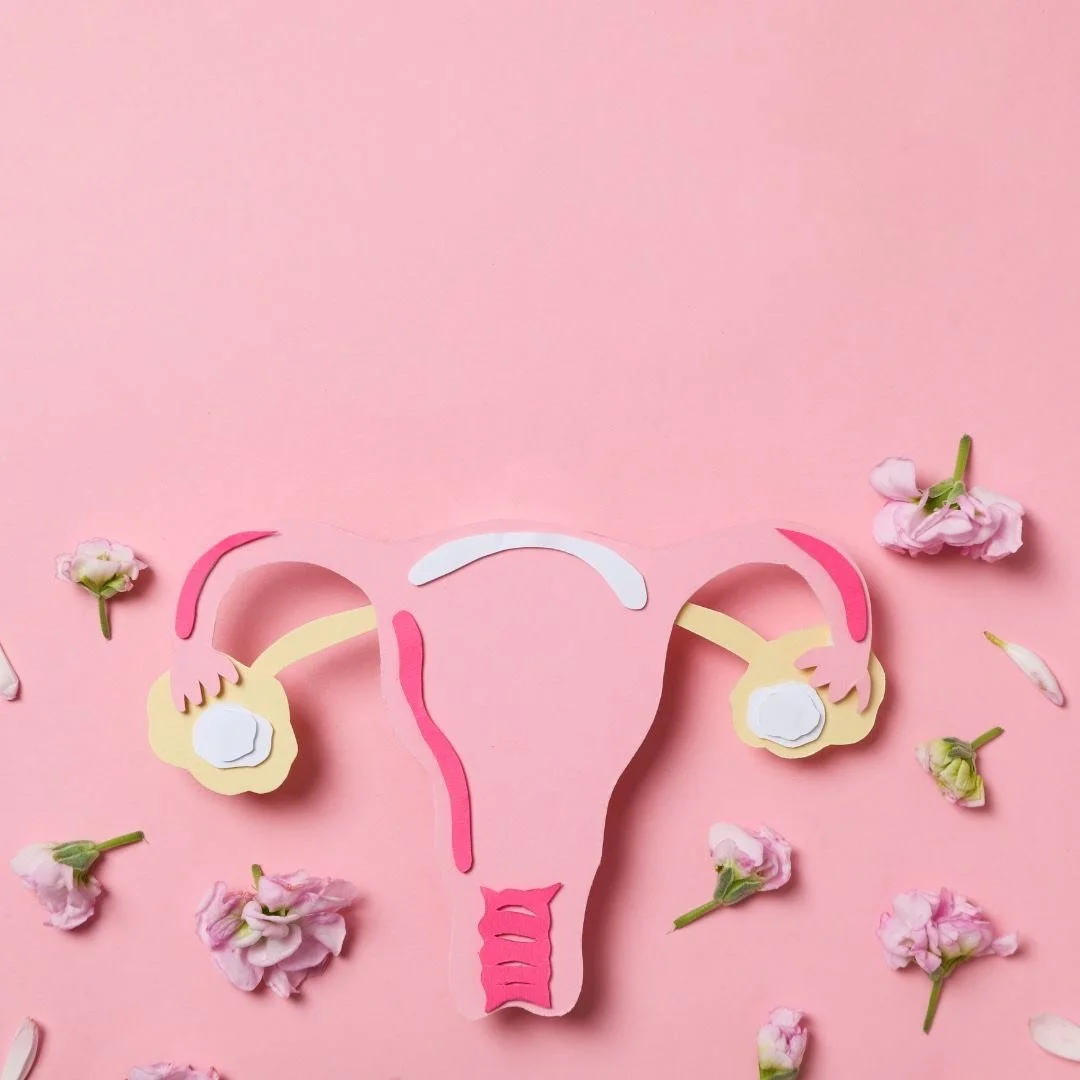Period Problems: When to Worry and When to Chill
Let's start with the good news: most period "problems" are actually your body just figuring things out, especially during your teen years. Irregular cycles, skipping months, surprise early arrivals, and even some pretty intense cramps are all part of the normal chaos of adolescence. Your hormones are basically throwing a years-long party in your body, and periods are one of the messier guests. It can take up to two years after your first period for your cycle to become somewhat predictable, so if your period app looks like a random number generator, you're probably fine. Light months, heavy months, cramping that makes you want to hibernate with a heating pad;all normal parts of the period learning curve.
However, there are some red flags that mean it's time to talk to a healthcare provider instead of just riding it out. If your periods are so heavy that you're soaking through a pad or tampon every hour for several hours, if you're having severe pain that doesn't respond to over-the-counter pain relievers, or if you're missing school or activities because of period symptoms, that's worth checking out. Also, if you haven't had a period by age 16, if you go more than three months without one after having regular cycles, or if you're experiencing symptoms like excessive hair growth, severe acne, or significant weight changes along with period irregularities, it's time for a conversation with a doctor. Remember, healthcare providers have heard it all before, and they're there to help you feel better, not judge your period problems. When in doubt, it's always better to ask and get reassurance than to suffer in silence, wondering if something's wrong.
